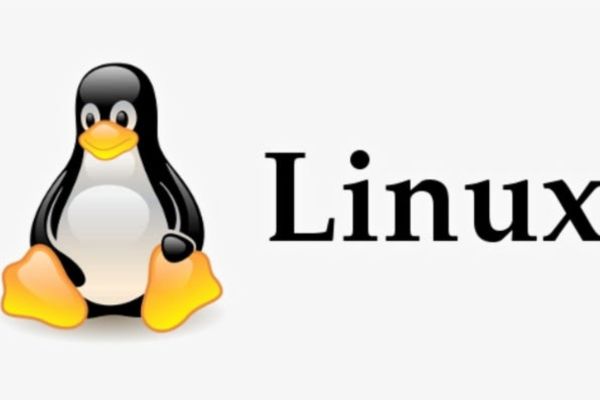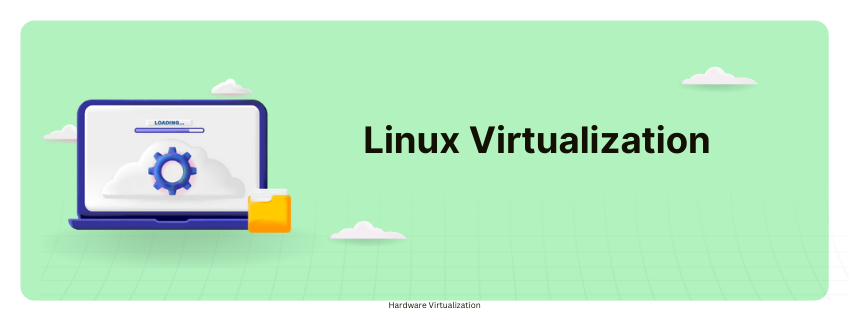Features of Linux

Features of Linux
Linux is an Operating System that was developed in the 1990s and is characterized by its open-source nature and lack of cost. The Operating System is widely regarded as robust and versatile, which accounts for its extensive global user base. We have acquired a substantial amount of knowledge regarding the Linux Operating System. In the following section, we shall discuss several notable elements of the subject at hand.
Best Features of Linux Operating System
The features of Linux are listed below.

Open-source
A prominent characteristic of Linux is its status as open-source software. This statement suggests that individuals possess the ability to obtain the source code and thereafter modify and distribute it. The presence of this feature has facilitated the rapid expansion and evolution of Linux over time, attributable to the substantial developer community that has actively participated in its advancement.
Free
Another noteworthy characteristic of Linux is its cost-free nature, allowing users to utilize it without incurring any expenses. This enables universal access, irrespective of economic constraints. The aforementioned feature has significantly contributed to the widespread adoption of Linux, particularly in developing nations where the exorbitant cost of proprietary software poses a significant barrier.
Customizable
Linux, being an Operating System known for its high level of customizability, allows users to make modifications according to their individual needs and preferences. This encompasses a wide range of activities, such as customizing the desktop interface and undertaking the installation and configuration of many software applications. The high degree of customizability inherent in Linux has rendered it a widely favored option among developers and system administrators seeking an adaptable operating system capable of being tailored to their specific requirements.
Security

Linux is widely recognized for its robust security capabilities, rendering it a favored option among corporations and organizations seeking a secure operating system. Linux is equipped with a robust firewall and a wide array of security measures, including encryption, access control, and secure boot.
Stability
Linux is widely recognized as a highly stable operating system that has gained a strong reputation for its exceptional dependability. The structure of this system exhibits robust architectural design, specifically engineered to endure substantial workloads and accommodate extensive operations. Consequently, it is a favored choice for servers and other systems that are essential to the successful completion of tasks.
Performance
Linux is renowned for its performance optimization and versatility, as it is capable of operating on a wide range of hardware, spanning from resource-constrained smartphones to high-performance servers. Due to its lightweight architecture and efficient utilization of system resources, it is widely favored for implementation in embedded systems and other devices with constrained capabilities.
Multi-user support

Linux is a highly advantageous operating system for deployment in corporate and communal environments due to its ability to accommodate a large number of users. Every individual user is assigned a unique account, which can be personalized with different permissions and degrees of access.
Command-line interface
The Linux command-line interface (CLI) facilitates the execution of diverse actions in a prompt and effective manner. This feature provides significant advantages to developers and advanced users that require automation of activities and execution of complex operations.
Package management
Linux is equipped with a very efficient package management system, which facilitates users in the swift installation, updating, and removal of software packages. This particular functionality facilitates the efficient administration of software on the Linux operating system, ensuring that users are provided with up-to-date software packages.
Compatibility
Linux exhibits a high degree of compatibility with a diverse array of hardware components and software applications. This suggests that users have the capability to install Linux on a wide range of devices, and they can also employ tools such as Wine and virtualization software to execute applications designed for alternative operating systems.
Multilingual support
Linux is capable of accommodating several languages, hence facilitating global accessibility for individuals. Additionally, the software possesses inherent functionality to accommodate various character sets and input methods, hence facilitating the process of composing text in numerous languages.
Community support
The Linux operating system boasts a robust and engaged community of users and developers who consistently demonstrate their willingness to provide support and assistance to other users. This community provides support through various online platforms such as forums, email lists, and other digital tools, facilitating individuals’ access to aid whenever required.
Flexibility
Linux is an adaptable operating system that may be utilized for a multitude of purposes. The operating system has the capability to act as a desktop operating system, a server operating system, an embedded system, and various other applications.
Scalability
Linux exhibits high scalability, enabling it to effectively execute extensive operations and accommodate a substantial volume of users and devices. Due to its capacity for scalability, this operating system is often favored among large companies and enterprises seeking a robust and dependable solution.
Virtualization

Virtualization is a prominent attribute of the Linux operating system that facilitates the concurrent execution of many operating systems on a single hardware platform. This feature provides significant advantages for developers and system administrators who require the ability to conduct application testing on several platforms.
Lightweight
Linux is an operating system characterized by its lightweight nature, as it operates efficiently without imposing excessive demands on system resources. As a result, it is frequently selected for utilization in low-capacity devices such as netbooks and Raspberry Pis.
Interoperability
Linux exhibits a high degree of interoperability, enabling seamless compatibility and integration with many operating systems and software applications. This particular feature proves to be particularly advantageous for enterprises and institutions that employ a combination of diverse operating systems and software applications.
System-wide updates
Linux is equipped with a system-wide update function that facilitates the process of updating the complete system by incorporating the most recent security patches and software upgrades. This functionality guarantees that customers own the most up-to-date software and security updates implemented on their systems.
Compatibility with cloud computing
Linux exhibits a high degree of compatibility with prominent cloud computing systems such as Amazon Web Services, Google Cloud Platform, and Microsoft Azure. The compatibility between Linux-based applications and cloud platforms facilitates the seamless deployment of those apps and services.
Support for containers
The Linux operating system incorporates inherent functionality for containers, which are virtual environments that are lightweight in nature and serve the purpose of executing programs and services. This particular feature proves to be quite advantageous for developers and system administrators who are in need of expeditiously and effectively deploying apps.
FAQs
About the Features of Linux
- 1: What is the Linux kernel?
The Linux kernel serves as the fundamental element of the Linux operating system. The responsibility of the operating system includes the management of system resources, the handling of input/output processes, and the provision of support for hardware devices.
- 2: What do you mean by Linux distribution?
A Linux distribution encompasses the Linux kernel and an assortment of software packages, constituting a comprehensive operating system. A wide range of Linux distributions exists, each characterized by its unique assortment of features and software packages.
- 3: Can Linux run on any hardware?
The Linux operating system has been meticulously engineered to possess a remarkable degree of portability, enabling it to function seamlessly across a diverse array of hardware platforms. These platforms encompass not only conventional desktop computers and servers but also extend to supercomputers and embedded devices.
- 4: How easy is it to learn Linux?
The acquisition of Linux proficiency may pose challenges for novice individuals; nonetheless, a multitude of resources exist to facilitate the initiation process. These resources encompass online courses, literary materials, and interactive forums within the community.
- 5: What is the Linux shell?
The Linux shell is a textual user interface that facilitates user interaction with the operating system through the input of commands via the terminal. A variety of shell applications, including Bash, Zsh, and Fish, are available.
Wrapping Up
In a nutshell, we have discussed a range of Linux features. To summarise, we at News4Hackers, the Best Cybersecurity Info, and News Portal, would like to say that Linux is an operating system known for its resilience and versatility, possessing numerous distinguishing characteristics that differentiate it from other operating systems. The aforementioned choice is widely favored by developers, power users, and corporations on a global scale.
The compact dimensions and efficient utilization of system resources contribute to its widespread adoption among low-power devices, such as netbooks and Raspberry Pis. Linux, boasting a substantial and dynamic user and developer community, persists in enhancing and expanding its capabilities, thereby providing users with a robust and reliable operating system that can be tailored to their own needs.
READ MORE ARTICLE HERE









